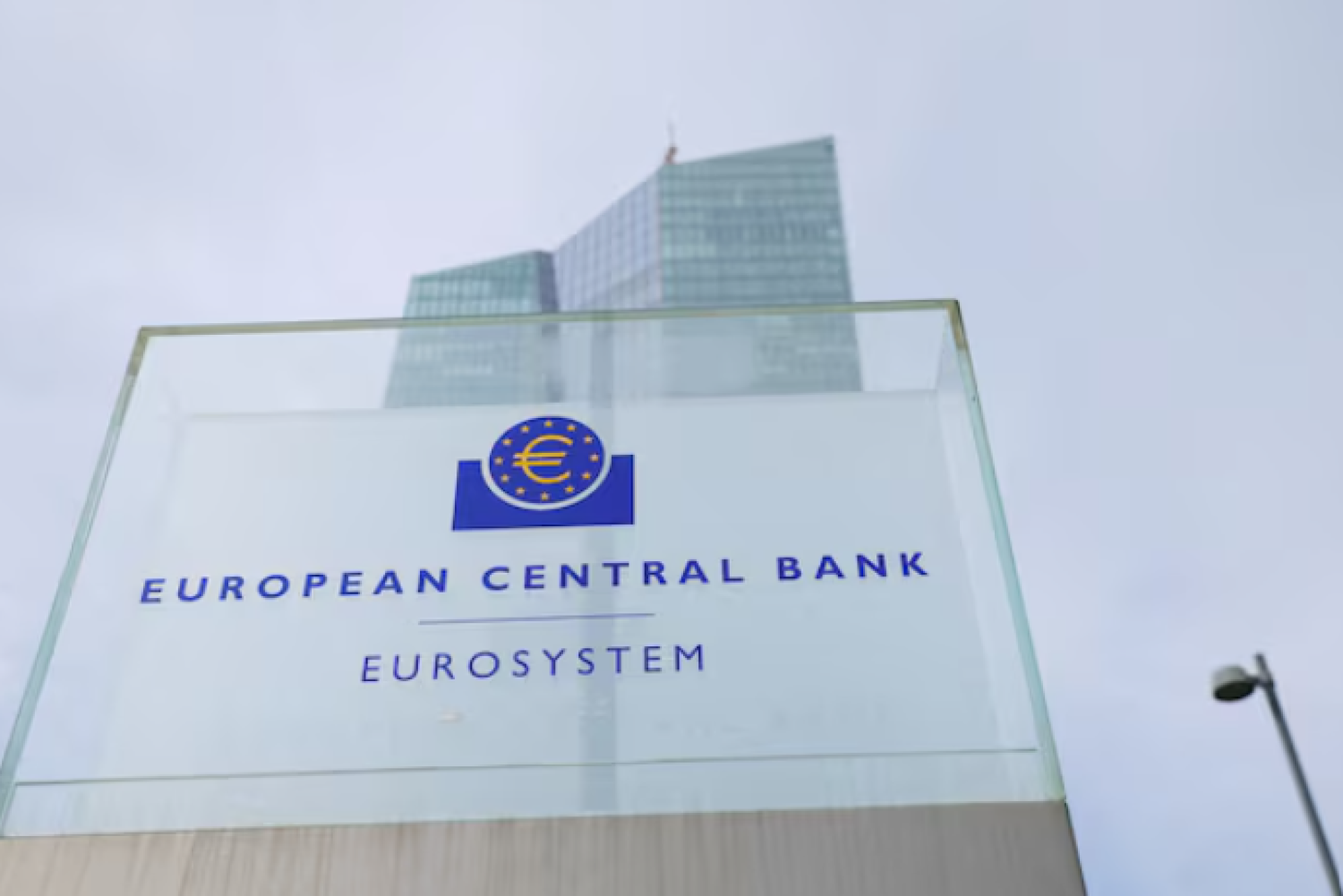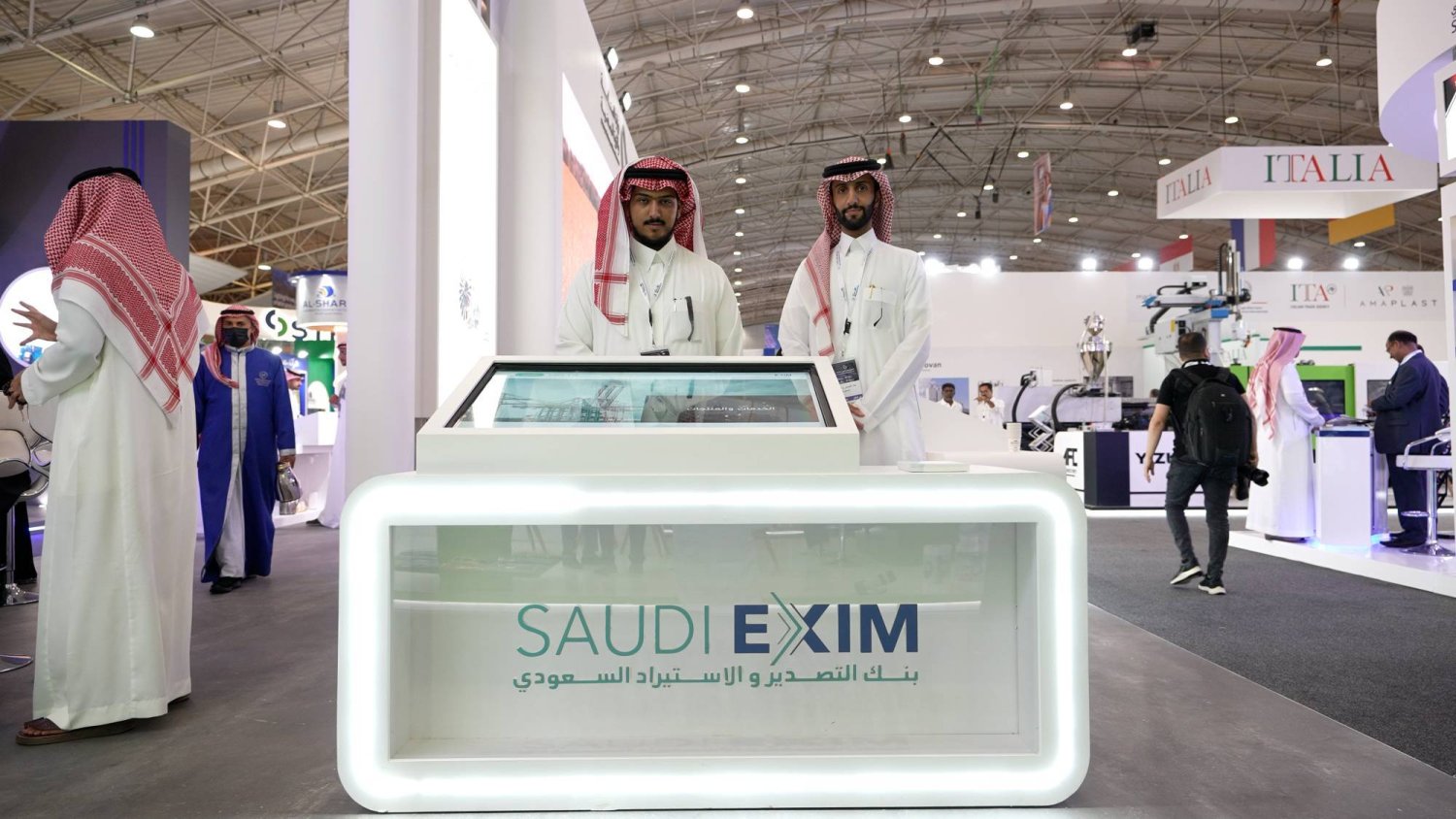Morocco’s economic growth is expected to record a 2.5 % during Q1 of 2019 compared to 3.3 % in Q1 2018, Morocco's Higher Planning Commission said on Wednesday.
Growth in the Q4 of 2018 was affected by the slowdown in added value, excluding agricultural activity, by 2.6 percent, compared with 3.4 percent during the same period of 2017.
The Commission said on its website that the agricultural sector grew 3.4 percent in Q4 of last year, compared to 4.1 percent during the first three quarters. This slowdown is partly due to the decline in livestock production.
Manufacturing growth in the last quarter of 2018, according to published estimates, also slowed to 2.8 percent from 3.2 percent in the same period a year earlier, as food industries slowed and demand for building materials fell.
However, chemical industry maintained its "dynamism" and grew 6.1 percent, and the added value of the textile and leather sectors increased 5.8 percent with the increase for the external demand for these products.
Mechanical and electronic industries grew 3.6 percent supported by demand from the automotive industry, stated the report.
Morocco's exports in the fourth quarter of 2018 increased 5.1 percent, thanks to higher sales in the aviation and automobile sectors, which contributed 80 percent to the growth rate of exports.
Food, clothing and electronics sectors contributed to a 0.9, 0.6 and 0.5 percent growth, respectively, as external demand for these products increased.
Imports recorded a 5.8 percent rate higher than exports, as the country was affected by the rise in global fuel prices, which contributed 2.2 points to import growth. In contrast, imports of foodstuffs, precisely wheat and sugar, declined during that period.
Industrial investment slowed in Q4, which was reflected on imports of processing materials that only increased 2.1 percent, compared to an 11 percent increase in the previous quarter.
Investment in construction was modest, with weak demand for housing, especially medium and high, stated the report.
For the first quarter of 2019, the Commission said that the expected slowdown will come from a decline in agricultural added value, estimated at 0.7 percent, although livestock production will see some improvement compared to the end of 2018.
“Overall, the non-agriculture added value is expected to record a 2.9 percent increase, according to the annual change.”
















